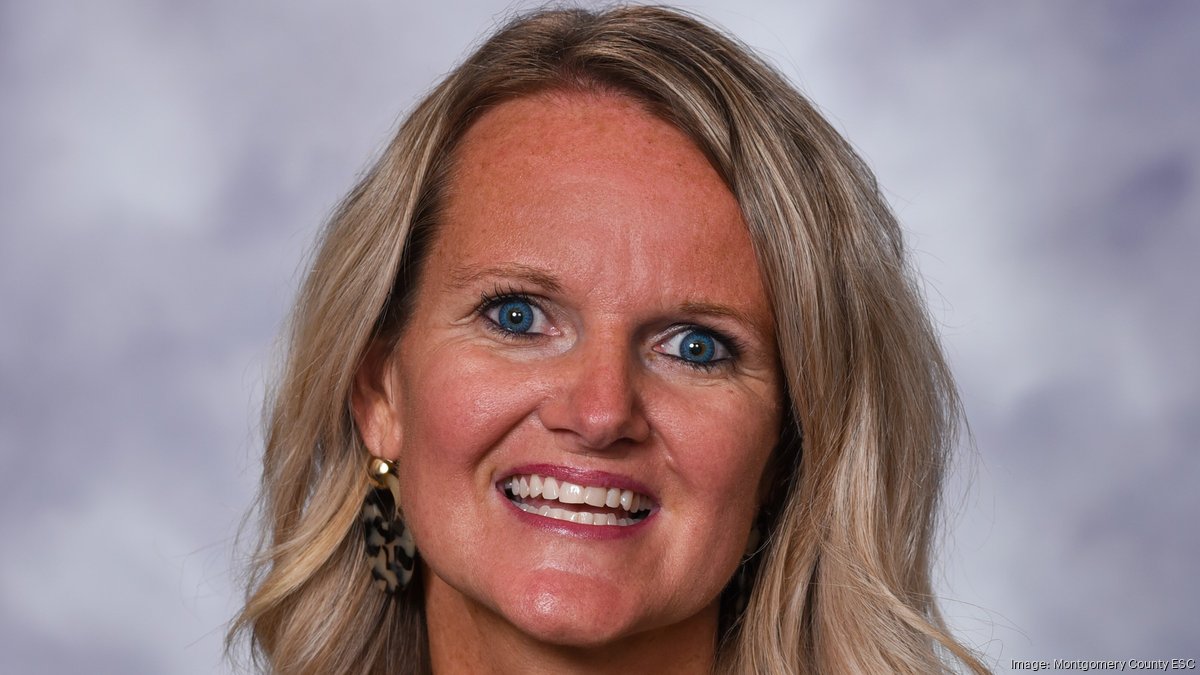
Listen to this article 4 min
The Dayton-area educational service center is assisting state and national groups by hosting national artificial intelligence (AI) summits across the state and plan to continue this into the future. The groups are collaborating to prepare students for an evolving society in which AI is prevalent.
The Ohio Lieutenant Governor’s Office and a national nonprofit are collaborating to prepare students for an evolving society in which artificial intelligence (AI) is prevalent.
The Lieutenant Governor’s Office and aiEDU, a 501(c3) that supports advanced AI literacy in education, together are rolling out a state-wide AI framework for educators. The endeavor was initiated as part of Lt. Gov. Jon Husted’s InnovateOhio project, which includes an objective to enhance AI readiness in schools through a toolkit offering resources and guidance for teachers, students, and parents.
The toolkit is a comprehensive, 140-page document providing guidance and best practices, while offering consistency in utilizing AI in the school system.
“AI-powered tools have been in place for years. The artificial intelligence was working in the background but has now become more visible,” says Candice Sears, director of instructional services for the Montgomery County Educational Service Center (MCESC). “This effort is focused on generating consistencies in the education systems across the state.”
Sears says an ongoing partnership with Alex Kotran, CEO for aiEDU, and its AI Education Project, was beneficial in formulating a proposal through the Ohio Educational Service Center Association (OESCA). The document details a plan to establish AI readiness across the state.
While the Lieutenant Governor’s Office and aiEDU coordinated initial efforts, OESCA and the MCESC worked in parallel to support AI in education. The latter served as a liaison between aiEDU, OESCA and other work organized statewide.
“We want to make sure that our work is complementary to the toolkit. We know the complexities of integrating AI into the education space and want to support schools in maximizing the use of the content within the AI toolkit,” Sears says. “So, this project aimed to collaborate with aiEDU to develop model policy protocols that serve as a more condensed version of what was already out there.”
OESCA and MCESC also hosted four national AI summits across the state and plan to continue this into the future. The summits occur in various geographic areas, fostering accessibility for all those interested.
OESCA and MCESC are proposing to host several more state-wide summits next spring with a goal to continue building AI literacy in the education space.
“We invited national experts in to share the knowledge of AI readiness,” Sears says. “Many educational leaders across the state have seen the impact and have started hosting professional development events such as conferences and summits.”
Sears says it’s essential to continue the momentum generated around AI.
As part of the launch, every ESC was asked to identify one or two AI champions within their organization. Currently, there are over 1,200 AI champions in Ohio that include ESC leaders, district leaders, and educators. The ESCs, in cooperation with aiEDU, offer professional development opportunities for champions on a quarterly basis. Monthly newsletters are sent throughout the year, too.
As technology advances, leaders continue to navigate the landscape of integrating AI into the classroom. While AI offers so many opportunities in the education space, challenges remain; in particular, data privacy and security and potential bias.
“AI systems and education require extensive data including student performance, behavior, and personal details. AI systems can inadvertently reinforce bias in their training data which could lead to unfair treatment,” Sears says. “It is important for us to be aware of how the data is fed into the infrastructure, and test and pilot the technology so it represents various perspectives.”
© 2024 American City Business Journals. All rights reserved. Use of and/or registration on any portion of this site constitutes acceptance of our User Agreement (updated August 13, 2024) and Privacy Policy (updated December 17, 2024). The material on this site may not be reproduced, distributed, transmitted, cached or otherwise used, except with the prior written permission of American City Business Journals.
